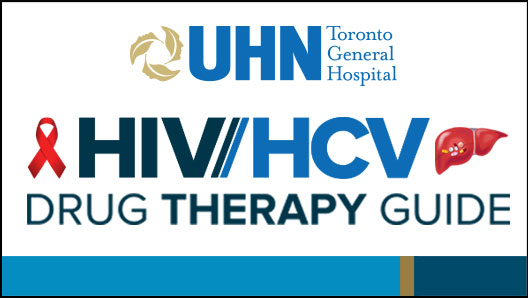Glossary of Terms
Clinical trial A test to see how well a new drug works in people and how safe it is.
Comparative trial A trial in which experimental drugs are tested against each other or against an approved drug or a placebo.
Emergency Drug Release Program (EDRP) – See Special Access Program (SAP).
Expanded Access – Also called compassionate access or open arm. A branch of a clinical trial which allows people who do not participate in the research study (because they do not satisfy inclusion criteria, the trial is not available in their geographic region or for whatever reason) to have access to the drug or treatment being tested. Most compassionate arms are restricted (eg. T4 cell count below specified amount, intolerant to usual treatment etc…).
Inclusion/exclusion criteria The medical or social reasons why a person may or may not be allowed to enter a trial. For example, most trials do not allow pregnant women to join, others do not allow people taking certain drugs, and others exclude people with certain illnesses.
Investigational New Drug (IND) The name given to an experimental drug after the Drugs Directorate of Health and Welfare Canada has agreed that it can be tested in people.
Informed consent A process in which the risks, benefits, and requirements of a trial are explained to people thinking of joining the trial. Before entering the trial a participant should sign an Informed Consent Form, which should contain in writing everything that was explained in person about the trial. The form should state: a) why the trial is being done and what it hopes to prove, b) what will be done to you during the trial and how long the trial is, c) the risks and benefits of the trial, d) other treatments available for your condition, and e) that you have the right to leave the trial at any time. Informed consent exists to make sure that anyone thinking of joining a trial makes a decision based on complete information and that no one is pressured into joining.
Open label A type of clinical trial in which researchers and participants know who is taking the experimental drug.
Opportunistic Infection (OI) Certain illnesses such as Pneumocystis carinii pneumonia, (PCP) that people with AIDS can get and which can be life-threatening. People with healthy immune systems do not usually get these illnesses, even though most people have the organisms that cause these illnesses in their body already. Only when the immune system is damaged can the organisms take advantage of the “opportunity” of this weakened state and cause damage.
Placebo A substance that has no effect on the body (often referred to as a “sugar pill”) and that is given to one group in a controlled trial. Placebo trials are no longer considered ethical in trials for which a standard treatment exists. Their use remains controversial.
Principal investigator The doctor in charge of a clinical trial.
Protocol A detailed plan which states a drug trial’s rationale, purpose, drug dosages, length of treatment, how the drug is given, who may participate (inclusion/exclusion criteria), and how those running the trial will determine if the trial was a success or a failure. The protocol must be approved by a Research Ethics Board and the Health Protection Branch.
Randomized trial A trial in which people are assigned to one of two treatments by chance. Usually a computer is used to be sure that everyone has the same chance of getting either drug. This ensures that other important or even unknown factors which might affect how people respond to treatment are equally distributed in the control and test groups.
Research Ethics Board (REB) Every institution or hospital that conducts research involving human subjects must, under guidelines issued by the Medical Research Council, have an REB that initially approves and periodically reviews the research to protect the rights of the people in the trial. The REB is made up of people from various communities who are not involved in the research being done.
Special Access Program (SAP) – Your doctor may ask the Bureau of Human Prescription Drugs of Health and Welfare Canada for the release on an emergency basis of an experimental drug if the drug manufacturer has authorized its release. The program applies to new drugs not yet marketable and drugs currently used in clinical trials.


